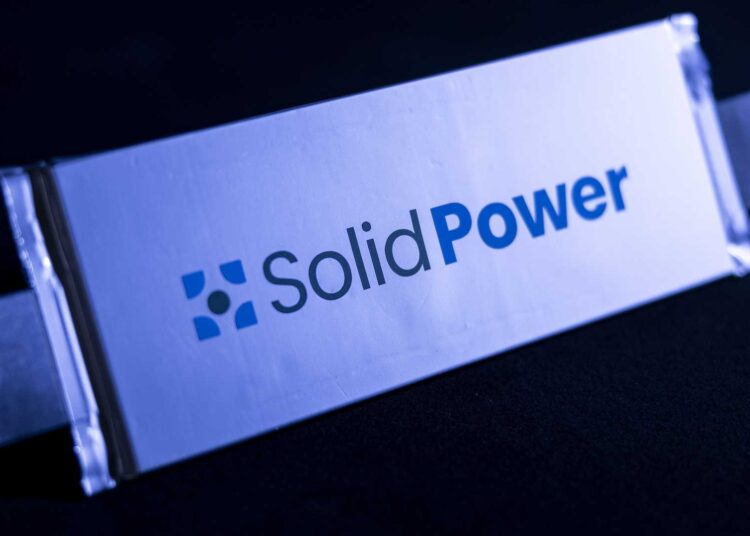Solid-state batteries could provide the next major technological leap for electric vehicles by significantly increasing range. In the latest step towards this future, BMW Group is expanding its Joint Development Agreement with the company Solid Power so that the automaker can build a prototype assembly line at the Cell Manufacturing Competence Center near Munich, Germany.
Before installing the prototype assembly line, folks from BMW will work with Solid Power to optimize the cell manufacturing process. Testing the automotive solid-state components will begin in 2023. A vehicle demonstrator of this tech will tentatively arrive sometime before 2025.
103 Photos
The BMW i Vision Dee (above) is the brand’s concept for a future EV.
In late 2022, BMW and Solid Power offered additional details about this deal. The automaker is licensing the battery cell design and manufacturing process for $20 million. BMW will build a duplicate of Solid Power’s pilot battery production line.
Solid Power opened its own pilot assembly line in 2022. The site can make 300 cells per week.
Solid Power began production of a prototype solid-state battery pack in 2020. That version made 330 watt-hours per kilogram and 20 amp-hours. It was able to recover 50 percent of the charge in 15 minutes at room temperature.
The company outlined the expectations from its cells in 2021. A 77-kilowatt-hour pack using Solid Power’s design could weigh as much as 46 percent less and have a 16 percent range improvement over an existing lithium-ion unit. Also, the cost could be 40 percent lower.
Solid Power has investments from automakers like BMW and Ford, and executives from these companies are on the battery business’s board. The plan is eventually to be a cell supplier to them.
Beyond BMW, Toyota aims to have a production vehicle with solid-state batteries on sale in around 2025. However, the Japanese automaker has a far different strategy for introducing the tech. Rather than an EV, the company intends to install these packs in a hybrid vehicle. This would be a way to keep costs down while making the cutting-edge cells available to drivers.
A study by Nikkei Asia looking at solid-state batteries concluded that Toyota was a leader in the field based on patent filings. The automaker applied for 1,331 of them. Panasonic had 445.
For more discussion about future EVs, including one from BMW, check out this episode of Rambling About Cars.
Read the full article here


























